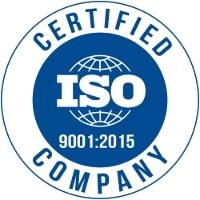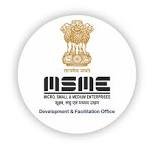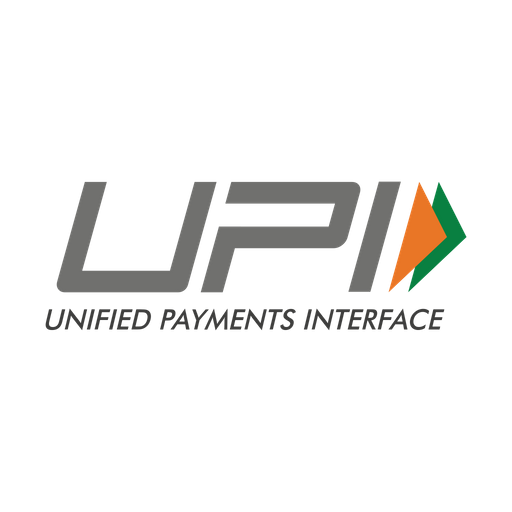
 BIS Registration for Digital Camera : IS 13252 (Part 1) : 2010
BIS Registration for Digital Camera : IS 13252 (Part 1) : 2010
Introduction:
Having a camera in your pocket is pretty amazing, and this gift was given to us by Steven Sasson at Kodak in 1975. The camera is only the technique by which you can accumulate your sweet memories. Early it was used mainly by military and scientific, followed by medical and news applications. A digital camera encodes the videos and images digitally and saves them for later reproduction. With the innovation of technology, cameras are incorporated in smartphones as well as in computers. A digital camera has many additional features like GPS, compass, barometer and altimeter. Some are waterproof and rugged. A digital camera is used to capture photos and save them in digital memory. It also captures moving video with sound and stores and deletes images from memory. The Bureau of Indian Standards (BIS) has required that digital cameras should be registered in conformity with IS 13252: 2010 under the Compulsory Registration Scheme from BIS. Without BIS registration you cannot sell your digital camera in India.
IS Standard : Digital Camera : IS 13252 (Part 1) : 2010
A digital camera is a technological marvel that has revolutionized the world of photography. Unlike traditional film cameras, digital cameras capture and store images electronically, enabling immediate viewing and easy transfer of photos to computers or other devices. Digital cameras have made photography more accessible, allowing users to take countless photos without the cost and delay of film processing. They offer versatile settings, including adjustable ISO, shutter speed, and aperture, providing creative control and the ability to adapt to diverse lighting conditions.
The era of digital photography has also popularized features like image stabilization, face detection, and high-definition video recording, making digital cameras tools for capturing memories and versatile devices for creative expression. With advancements in sensor technology and image processing, digital cameras continue to push the boundaries of image quality and performance, solidifying their role as indispensable companions for both amateur and professional photographers.
IS 13252 (Part 1): 2010 is an Indian Standard that outlines safety requirements for digital cameras. These standards ensure that digital cameras are designed and manufactured safely. IS 13252 (Part 1): 2010 reduces the risk of accidents, such as electric shocks, battery-related incidents, and fire hazards, ensuring the safety of users. Manufacturers need to comply with these standards to meet regulatory requirements and ensure their products are legally compliant and safe for consumers.
Note: Manufacturers of digital cameras are required to obtain the mandatory BIS/CRS Registration to launch their products in the Indian market.
BIS/CRS Registration ensures that these imaging devices meet specific quality and safety standards mandated by the Bureau of Indian Standards. The objective of this mandatory registration is to verify that digital cameras are designed, manufactured, and marketed in adherence to stringent quality and safety requirements. This registration is instrumental in guaranteeing the quality and safety of digital cameras available in the Indian market, providing consumers with the confidence that these devices are free from potential defects and pose no risks to users.
About The Bureau of Indian Standards (BIS)
The erstwhile Indian Standards Institution (now Bureau of Indian Standards) was established in the year 1947 with the objective of harmonious development of standardization activity in India. The Bureau of Indian Standards (BIS) was established under the BIS Act, 1986 for the harmonious development of the activities of standardization, marking and quality certification of goods and for matters connected therewith or incidental thereto. A new Bureau of Indian Standards Act, 2016 which was notified on 22nd March 2016, has been brought into force with effect from 12 October 2017 that reinforces the activities of BIS in respect to standardization and certification of goods, articles, processes, systems and services.
 Guidance Document on Quality Control Orders (QCOs)
Guidance Document on Quality Control Orders (QCOs)  Products (Under Compulsory Certification) CRS Products List
Products (Under Compulsory Certification) CRS Products List Scheme – I (
Scheme – I ( Mark Scheme ISI Certification Products List)
Mark Scheme ISI Certification Products List)
 News And Update
News And Update
Basic Requisites for BIS Licence
Obtaining a BIS Licence hinges on four key pillars:
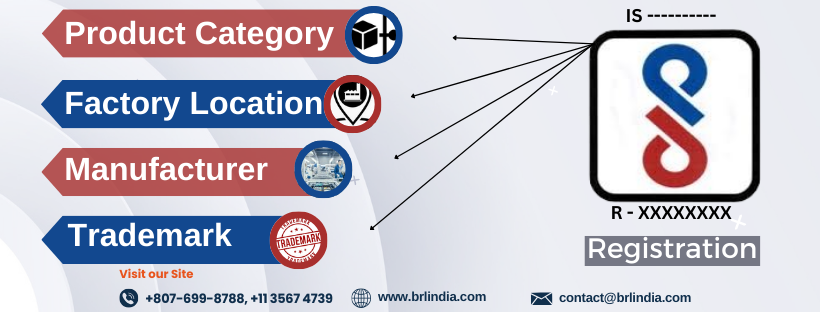
1. Manufacturer: The BIS Licence is exclusively granted to manufacturers, not importers or sellers. Importers can act as the Authorized Indian Representative (AIR) of a foreign manufacturer to submit the application, but the licence is issued to the manufacturer.
2. Manufacturing Address: A valid manufacturing address must be provided. If a manufacturer operates multiple factory locations for the same product, each location requires a separate BIS Licence.
3. Product: Each product needs its own licence. However, multiple models within the same product category can be covered by a single licence.
4. Brand/Trademark: Each brand or trademark must have its own BIS licence.
BIS Registration Procedure
The BIS registration process for amplifiers under IS 616:2017 varies based on the geographic location of the manufacturing unit. The processes differ for domestic (Indian) and foreign manufacturers.
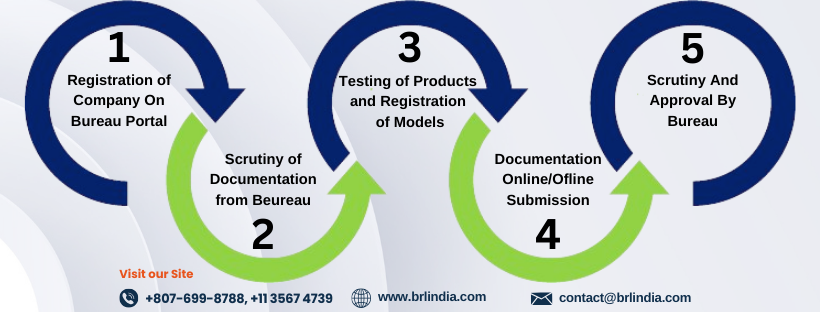
Process for Foreign Manufacturers
1. Nominate Indian Representative: The foreign manufacturer must nominate an Authorized Indian Representative (AIR) {What is AIR}.
2. Submit Online Application: An online submission must be made.
3. Sample Testing: Samples must be tested by a BIS-approved laboratory.
4. Submit Application and Test Report: The application, including the test report, is submitted online or offline.
5. Verification: BIS officials verify the application.
6. Grant of Licence: Upon successful verification, the licence is granted. (Foreign Manufacturers Process Read More..)
Guidelines for Nominating an Authorized Indian Representative (AIR)
Foreign manufacturers must appoint an AIR for operations in India: (What is AIR Read More)
- - If the manufacturer has a liaison or branch office in India, it will be designated as the AIR.
- - If no liaison or branch office exists, the proprietor or registered user of the brand/trademark in India becomes the AIR.
- - If neither exists, another entity can be designated as the AIR.
Process for Domestic Manufacturers
1. Submit Online Application: The manufacturer submits the application online.
2. Sample Testing: Samples are tested by a BIS-approved laboratory.
3. Submit Application and Test Report: The application, including the test report, is submitted online or offline.
4. Verification: BIS officials verify the application.
5. Grant of Licence: Upon successful verification, the licence is granted. (Domestic Manufacturers Process read more)
Documents Required for BIS Registration for Amplifiers - IS 616:2017
- - Completely filled CDF/CCL form
- - Duly filled BIS application form
- - Business License of manufacturing unit (in English and local language)
- - Scope of Business License (in English and local language)
- - ISO certificate of the manufacturer
- - Marking Label/Details of Marking on the product
- - Authorization letter (if the signatory is not the head of manufacturing)
- - Trademark Certificate
- - Trademark Authorization Letter (if trademark is owned by another entity)
- - Authorized Indian Representative company registration proof (foreign manufacturers)
- - Photo ID of Authorized Indian Representative/Authorized Signatory
- - Technical Specification Sheet of Product/User Manual (Document Checklist)
Key Points to Consider for BIS Certification
1. Select BIS Recognized Testing Organization: Ensure the testing laboratory is recognized by BIS and has a valid licence.
2. Laboratory Compliance: Confirm that the laboratory's licence is valid and not suspended, and it is not undergoing an audit.
3. Sample Shipment Arrangements: Arrange for complete shipment from the manufacturer’s location to the testing laboratory.
4. Document Authentication: All documents should be signed, notarized, and stamped by the manufacturer, brand owner, and Indian representative.
5. Accurate Data Entry: Ensure accurate and detailed entries in the Construction Data Form (CDF) and Critical Component List (CCL).
6. Test Report Validity: Submit the test report to BIS within 90 days of testing. If unable to submit on time, new samples must be tested.
7. Document Preparedness: Ensure all documents are ready before sample testing.
8. Application Processing Time: BIS usually takes 15 days to approve the registration, but it can extend to 30-60 days.
Support from BRL India
Brl INDIA offers comprehensive support for BIS Registration, including:
- - Legal compliance and product testing
- - Sample development for conformity assessment
- - Liaison with BIS for application preparation, submission, and follow-up
- - Multiple visits to BIS office and management of incidental tasks
- - Free maintenance of licence for up to two years (Get In Tuch)
Additional Services by BRL lndia
- - In-house infrastructure for various certifications
- - Product evaluation and advisory on BIS registration
- - Assistance in standard formulation and testing methods
- - Analysis of changes in standards and regulations
- - Advisory on new products for BIS registration and certification
- - Representation to ministries for NOC/Exclusion of products
- - Strategic assistance for business continuity and development
- - Drafting communications for BIS department queries
- - Arranging meetings with BIS and ministries for clarifications
For more information or to ask questions, BRL In provides a platform for inquiries related to BIS registration and compliance. Contact Us Submit your queries to get more information about BIS CRS Registration Consultant and other compliance services. BRL India offers a single-window solution for all product certification needs, making the BIS Registration Process smooth and efficient.
Phone: (+91) 807-699-8788, (+91) 1135674739
Email: contact@brlindia.com
A Single Window for Product Certifications & Regulatory Compliance
[ ISI Products List | CRS IT Products List | WPC Products List | BEE Produsts List | TEC Products List ]
BRL India Services
BIS Registration Consultant | CRS Certification | ISI Domestic Manufacture | ISI Foreign Manufacture | ECO Mark Registration | ISI Mark Registration | EPR Registration for Plastic Packaging | EPR Registration for Electronic Waste Management | EPR For Re Ryclers | EPR Registration for Battery Waste Management | MOEF License | EPR Certificate | EPR Registration For Tyre Waste Certificate | EMI EMC Test | RF Testing | IP Rating Test | TEC Approvals | NABL Testing | UL Certification | CE Certification | TradeMark | Copy Right | CDCO Approvals | Drag License | WPC Certificate | BEE Registration | Fssai Registration | GEM Registration | TSDF Facility | Import Export License | Lab Setup And Lab Equipment | NOC For Steel | Legal Metrology | Certificate Consultant | ISI Certification |
Contact BRL India : For a more detailed understanding of the documentation and procedures involved in obtaining a BIS Certificate, feel free to connect with BRL India's team of experts:Phone: (+91) 807-699-8788, (+91) 1135674739 Email: contact@brlindia.com

